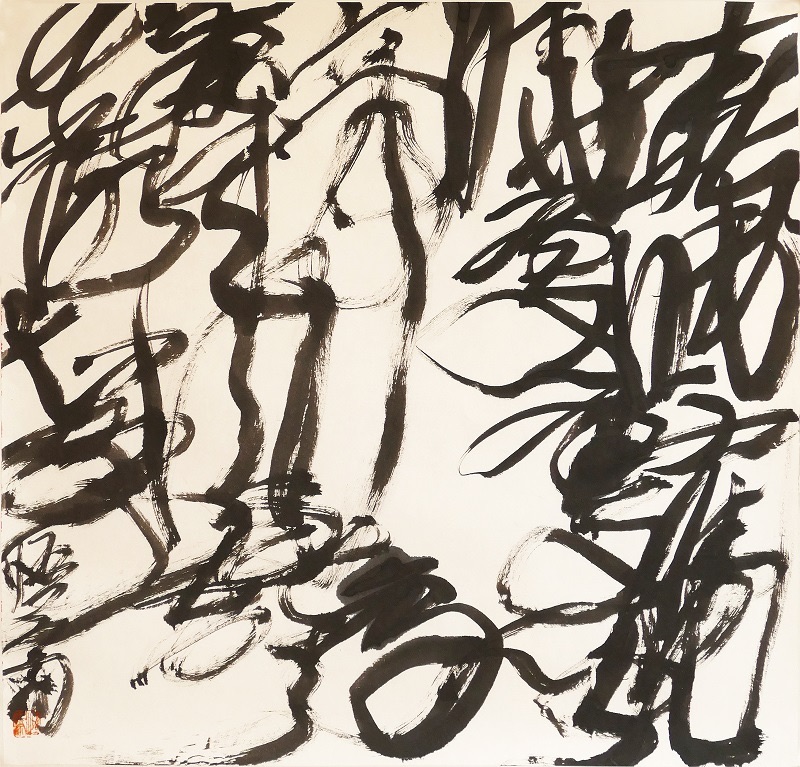Chaotic calligraphy
In the middle of last month, I participated in a double book launch by Cambria Press in Singapore (links here, here, and here). The event was held at one of Singapore's most outstanding art galleries, called iPreciation (links here and here). This is what I saw as soon as I walked in the door:
Read the rest of this entry »
